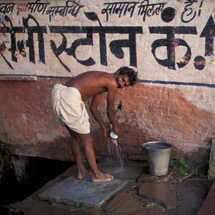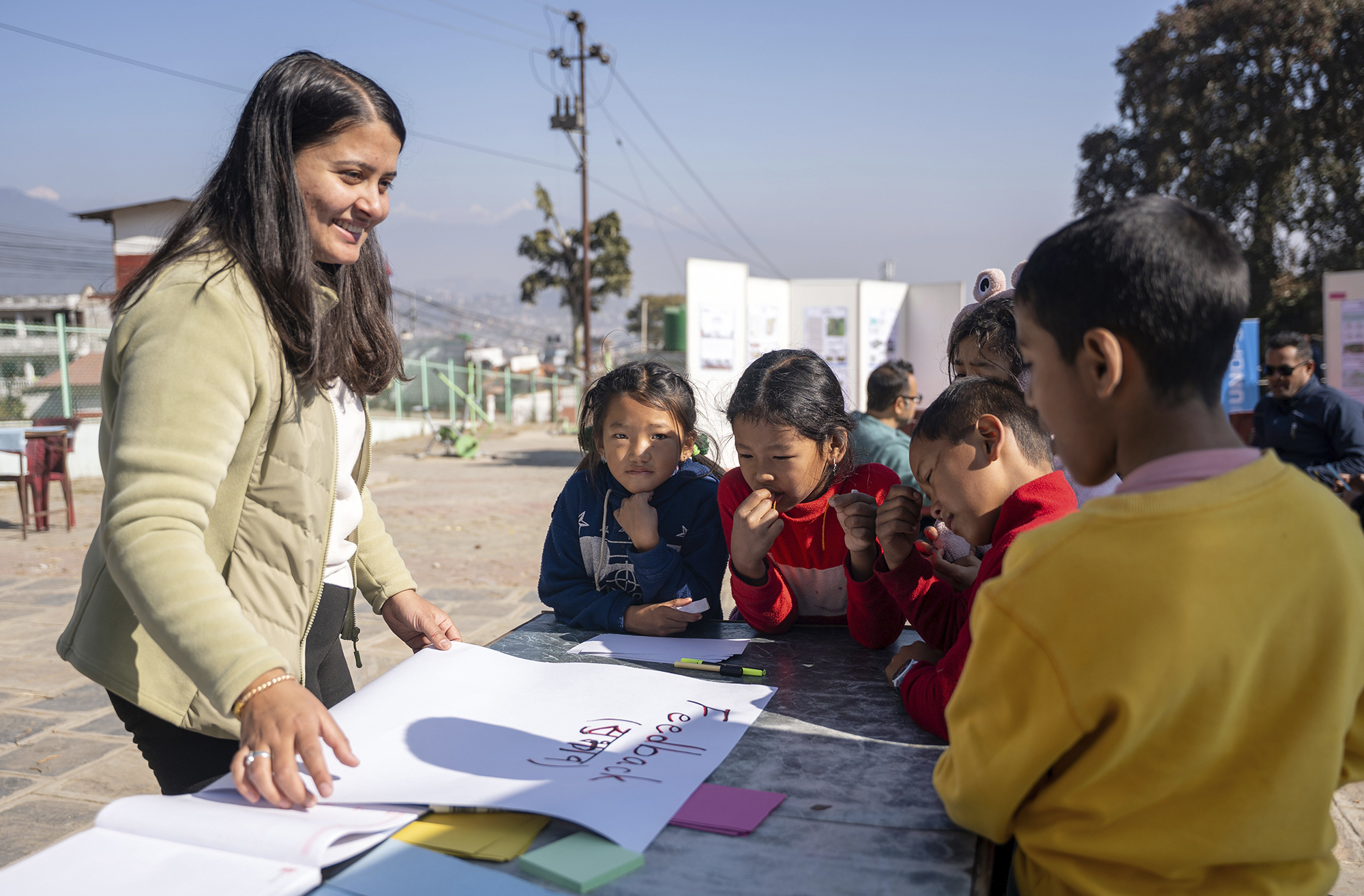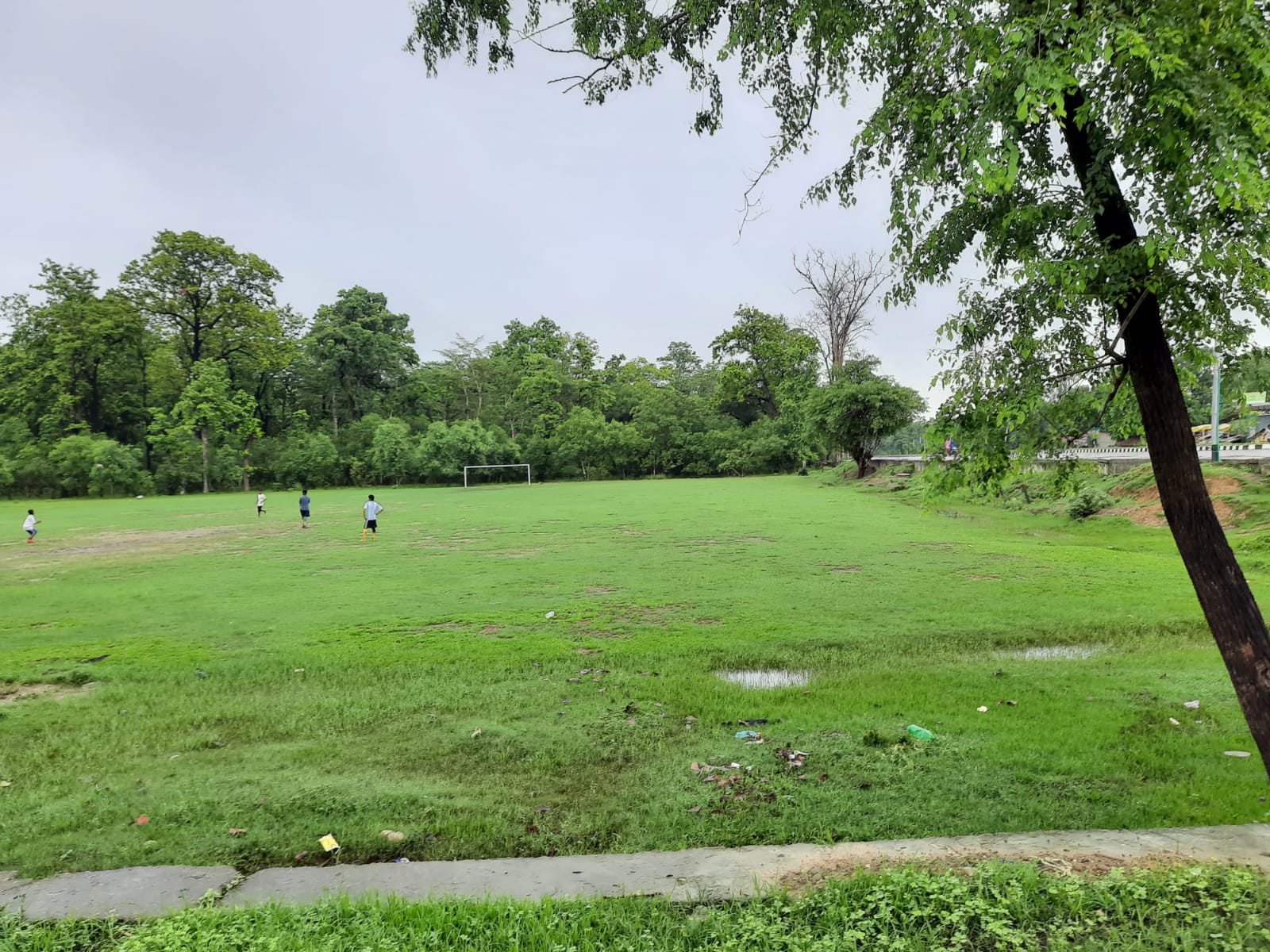
A former capital of the Mughal empire and home of three UNESCO World Heritage sites, Agra is a global tourist destination with the potential to develop a strong tourism-based economy.
A major roadblock to Agra’s city development is the large number of unplanned settlements with poor living conditions for residents. Currently, the city has 252 notified slums—which fall in the municipal area and are recognised for service delivery—and 130 non-notified slums that have appeared since the last city listing and do not receive service delivery. In addition, sanitary conditions throughout the city are poor.
In order to realise its economic potential and improve its environment, Agra is seeking to upgrade its slum communities, integrate them into the city service network, and improve living conditions for residents.
The city has already invested in two slum upgrading programmes over the past three years, which have had some success in improving the local capacity for slum upgrading at the citywide level and generated a greater demand for sanitation services.
The new initiative will build on these initial programmes by supporting Agra in formulating and implementing a long-term, sustainable approach to citywide slum upgrading that emphasises poverty reduction and the participation of all involved parties.

The Cities Alliance will contribute $499,987 towards the project, which will be implemented by the New Delhi-based Centre for Urban and Regional Excellence. The proposal was submitted by the Agra Municipal Corporation and sponsored by the World Bank and the USAID India office. It was formally approved by the Cities Alliance on 29 October 2009.
In addition to the Agra slum upgrading project, the Cities Alliance has also agreed to co-finance a proposal to support the government of India as it operationalises its National Urban Sanitation Policy (NUSP).
Launched in July 2009, the policy provides a framework for states to approach urban sanitation in an integrated manner. The Cities Alliance also supported the Indian government in the development of the NUSP.
The Cities Alliance grant of $75,000 will be used to establish a cell at the Ministry of Urban Development that will allow the Ministry to coordinate with state and city governments as they develop and implement sanitation strategies. These strategies are in turn expected to catalyse citywide slum upgrading initiatives at the state and city level.
The proposal, which was sponsored by the USAID India office and the World Bank, will be implemented by the Indian National Institute of Urban Affairs.




